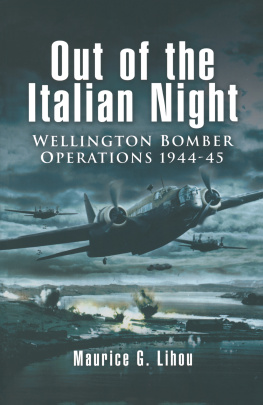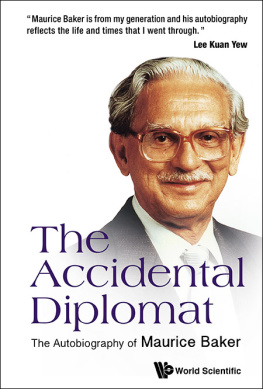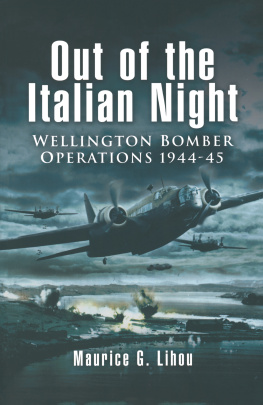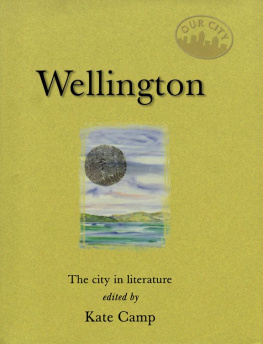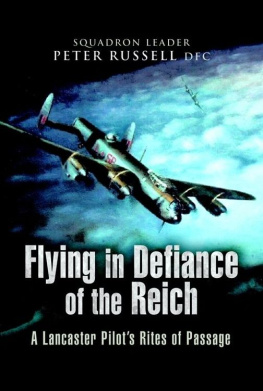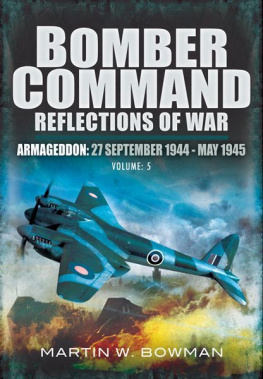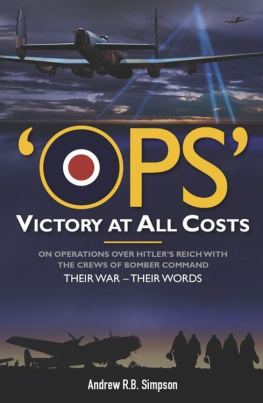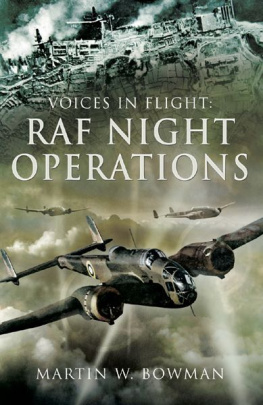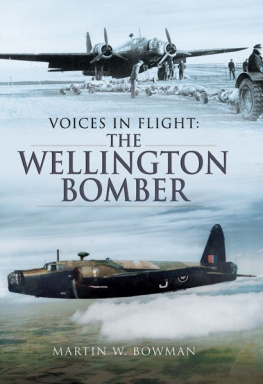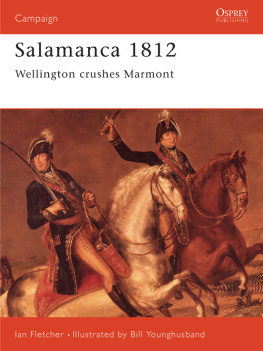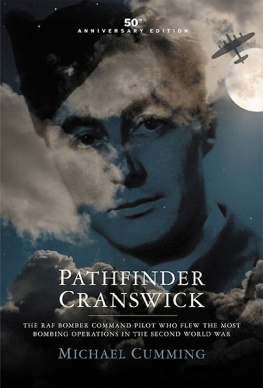Out of the
Italian Night
Out of the
Italian Night
WELLINGTON BOMBER
OPERATIONS
194445
Maurice G. Lihou
Published in Great Britain in 2007 by
PEN & SWORD AVIATION
an imprint of
Pen & Sword Books Ltd
47 Church Street
Barnsley
South Yorkshire
S70 2AS
Copyright Maurice G. Lihou, 2007
ISBN 978 1 84415 655 9
The right of Maurice G. Lihou to be identified as author of this
work has been asserted by him in accordance with the
Copyright, Designs and Patents Act 1988.
First published in 1992 by Air Research Publications as Its Dicey Flying Wimpys
Republished in 2000 by the Pentland Press Ltd
Republished in 2003 by Airlife Publishing
A CIP catalogue record for this book is
available from the British Library
All rights reserved. No part of this book may be reproduced or transmitted
in any form or by any means, electronic or mechanical including
photocopying, recording or by any information storage and retrieval system,
without permission from the Publisher in writing.
Printed and bound in Great Britain
By CPI UK
Pen & Sword Books Ltd incorporates the imprints of
Pen & Sword Aviation, Pen & Sword Maritime, Pen & Sword Military,
Wharncliffe Local History, Pen & Sword Select,
Pen & Sword Military Classics and Leo Cooper.
For a complete list of Pen & Sword titles please contact
PEN & SWORD BOOKS LIMITED
47 Church Street, Barnsley, South Yorkshire, S70 2AS, England
E-mail: enquiries@pen-and-sword.co.uk
Website: www.pen-and-sword.co.uk
Dedication
To
CONNIE, who else?
our children Maureen and Peter, our grandchildren
Naomi, Geoffrey, Natalie, Georgina, Ben, Sam and Josh
And the aircrews of 205 Group based in Italy from 1943 to 1945
Now heres Sergeant Lihou, hes on ops tonight,
Swinging down the runway in someone elses kite.
Hell shoot the shit when he gets back,
Of how he bombed through ten tenths flak.
Its dicey flying Wimpys around Italian skies.
CONTENTS
Without the skill, efficiency and companionship of my two crews, the ground crews and other friends in the RAF, I would not have been able to write this story. They made it possible. Without the support of family and friends I would have given up when trying to get it published. Without the help of people in the world of research and publishing, I would not have been able to experience a marvellous and fascinating new phase in my life: a phase of life I would have missed, one that has been crammed with discovery, revelation, interest, goodwill, unselfish help and personal enjoyment.
Among such people are Flying Officer D.A. Riggs, Sergeant P. Griffiths, Sergeant C.L. Ardiel, Sergeant G.N. Blyth, Sergeant J. McCabe, Flight Sergeant G. Blackstone, Flight Sergeant F. Edwards, Sergeant A. Oakes, Sergeant Bobby Budgett, Sergeant Ken Fairclough, Sergeant J. Seddon. If I have attributed to them things, sayings or happenings which may not be correct, I apologise forty-eight years is a long time to remember everything and to get the facts right. My nephew Raymond (Mike) Conroy who showed me how to use the word processor on his computer, to get started. His mother Pauline Conroy who with my daughter Maureen Moss helped with the early editing. The staff of the Imperial War Museum, RAF Museum Hendon and die Photo Library at Keele University. Local researchers Mick Peters and John Goodwin. Tony Sebire (who spent hours photocopying my manuscript), photographer Brian Green who did an excellent job in copying my forty-eight-year-old snaps and Ralph le Page for his help in preparing the map. A thank you to my former publisher, Simon Parry, and to John Foreman for the excellent research into the 205 Group details.
Another man whom I have never met, but whose words spoken on the telephone continually encouraged me to write it even if it is never published it is something for your grandchildren is Roy Conyers Nesbit. It is he who did the research at the Public Record Office, Kew, on my operations and who sent me the copies of documents with my own name on them documents which I never knew existed. He has never failed to be unselfishly helpful and encouraging.
There are many more, not least airmen who are no longer with us, to whom I think the following says it all:
To live in the hearts of those left behind is not to die.
When Maurice Lihou joined aircrew he, like many others, did not know what he was letting himself in for. He tells his story as Lee, a young, newly married pilot, who found himself flying into battle in the much revered Wellington bomber known within the RAF as the Wimpy. They were operating in 205 Group from the captured air bases around Foggia in Italy during 1944/45.
The conditions in which the air and ground crews lived were appalling. They lived in rotting desert tents known as canvas-covered holes in the ground through the cold, snow, ice, rain, mud and floods in the winter and the heat, dust, and flies of the summer. Their diet of dehydrated oilytasting food, hard tack and heavily chlorinated tea and water did nothing to enhance their living standards or improve their often acquired stomach upsets.
With little or no navigational aids, the aircrew attacked targets in support of the armies advancing through Italy. They bombed communication centres and oil refineries in the Balkans and laid mines in the River Danube. They attacked airfields near Vienna and staggered over the Alps to Munich. Often they were sent to attack these targets in the most atrocious weather conditions or, in contrast, on brilliant moonlit nights. Unescorted, they were an enemy nightfighters dream, being clearly visible in almost daylight conditions.
The storyline is unique and makes a refreshing change from umpteen other accounts of the air war in World War Two.
Lee tells his story in such a way that it has often been described as fascinating, enthralling, well written and very readable. Nevertheless, in doing so, he has been able to combine a historical record of events that hitherto seems to have been passed over in a very human and personal manner, with a compelling story that, according to historians and reviewers, had to be told.
Like all good stories it ends with a twist in the tail when, having survived forty-nine dangerous missions, getting lost, being struck by lightning, combating searchlights, fighters and flak, his flying career is brought to an abrupt and unexpected end.
Since the first edition came out in 1992, Maurice Lihou has received many letters and comments, congratulating and thanking him for writing his story.
Here are some of them.
Besides the adventure, I did enjoy the touches of humour and romance running through it.
One of the best war stories I have read and I have thirty such books in my library.
Have read it twice already and will probably read it again and again.
It is absolutely fascinating and I strongly recommend it.
I started reading it at Heathrow and couldnt put it down until I reached the West Coast of America.
A candid and moving account.
Maurice Lihou is to be congratulated on producing such factual and nostalgic reading.
It is all a very long time ago now, but the demand for a reprint of this book is but one small reminder of how overwhelming is the fascination of a later generation for the firsthand accounts of a world at war.
Maurice Lihou is a little greyer now, and his boyish curls are a little less distinctive, but the twinkling eyes are still as vivid as his spellbinding recollections as a wartime bomber pilot.

